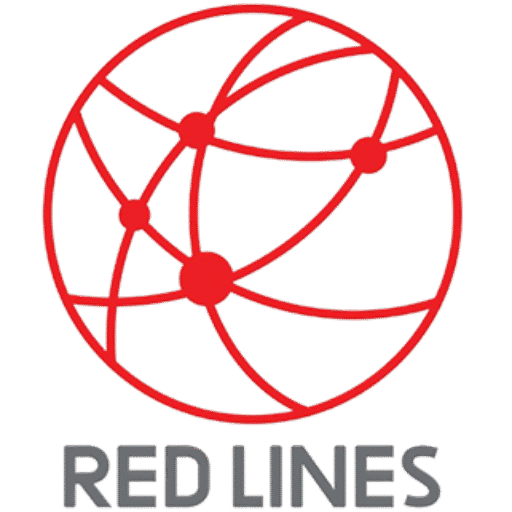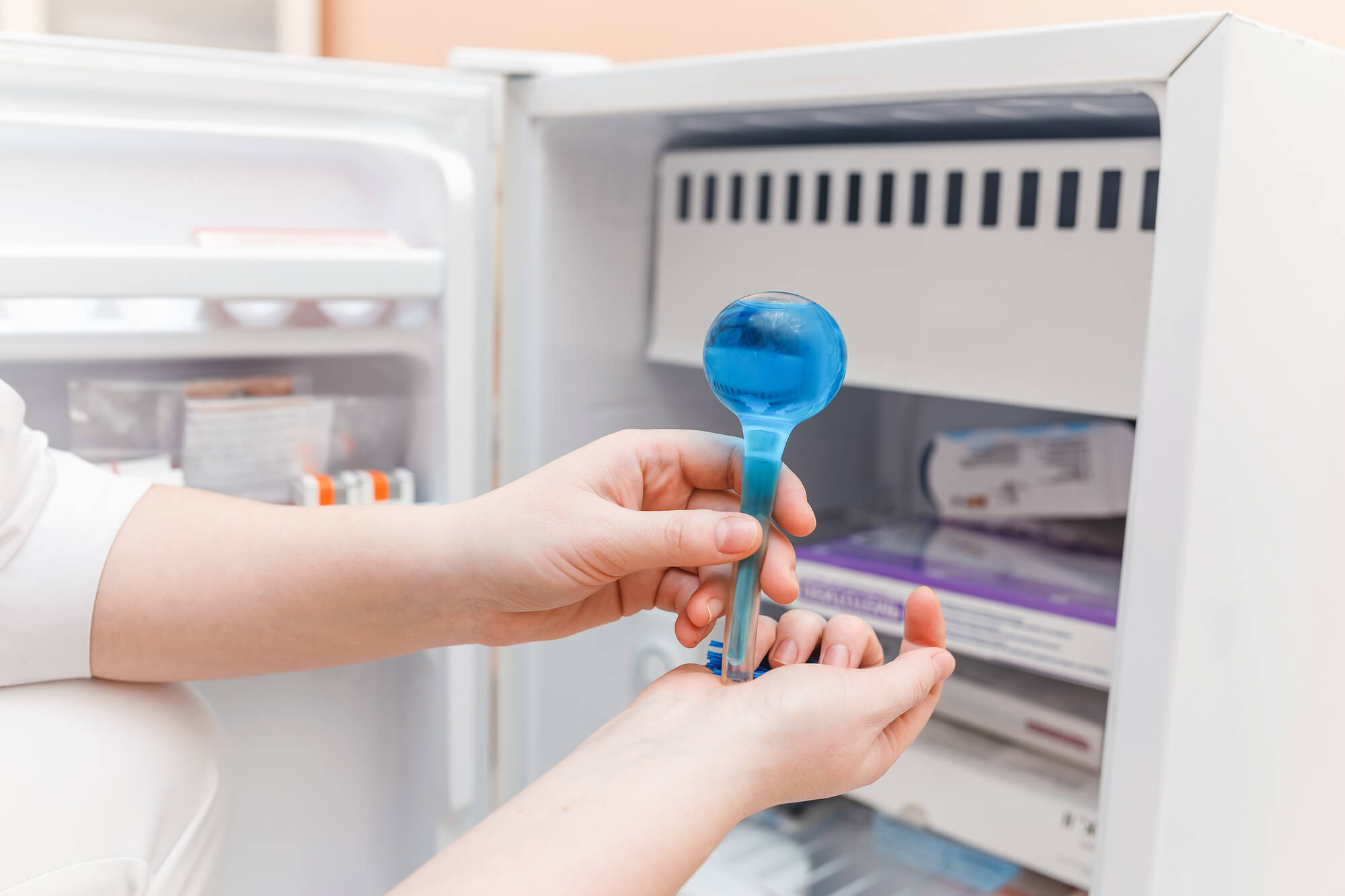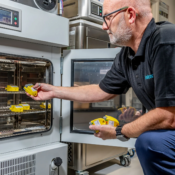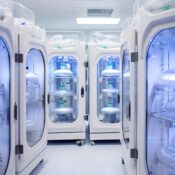In today’s modern world, controlled environments play a crucial role in industries ranging from pharmaceuticals and healthcare to food storage and logistics. Maintaining stable conditions is not only vital for regulatory compliance but also for ensuring the safety, quality, and longevity of sensitive products. Two key factors that work hand in hand in this effort are Temperature Mapping Study and air quality control. Together, they create a powerful synergy that helps businesses achieve efficiency, reliability, and sustainability.
At Redlines (www.Redlines.sa), we specialize in conducting professional Temperature Mapping Studies across Saudi Arabia, Jeddah, Dammam, and Riyadh, helping industries align their environmental control systems with international standards. Our expertise extends to integrating Temperature Mapping Study with air quality monitoring for a complete approach to environmental management.
Why Temperature Mapping Study Matters
A Temperature Mapping Study involves measuring and analyzing temperature variations within controlled environments such as warehouses, cold rooms, cleanrooms, and transport vehicles. These studies identify hot and cold spots, revealing whether products are being stored under consistent and safe conditions.
In cities like Jeddah and Dammam, where outside temperatures can fluctuate dramatically, Temperature Mapping Study ensures that cooling systems perform optimally. In Riyadh, with its extreme heat, these studies are essential to avoid risks such as product spoilage, temperature excursions, or compromised storage conditions.
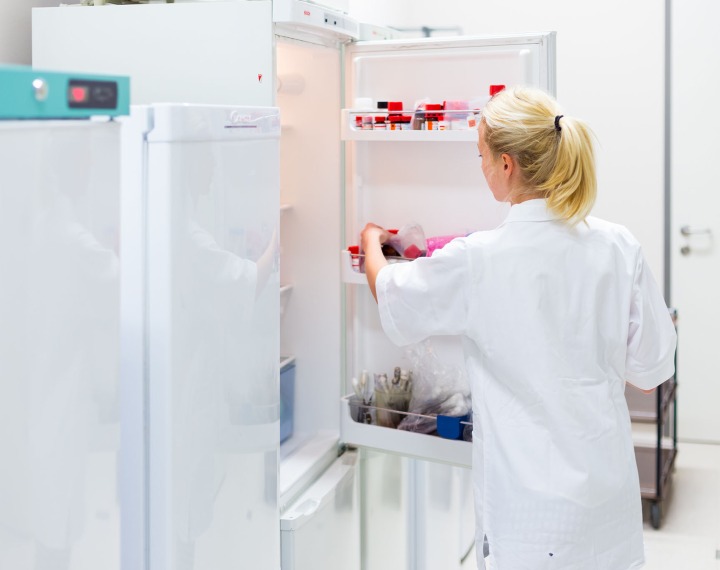
The Role of Air Quality Control
While Temperature Mapping Study focuses on temperature consistency, air quality control ensures that the air within a facility is free of contaminants, dust, or harmful particles. This is particularly critical in industries like pharmaceuticals and food processing, where even minor air quality issues can lead to product degradation or non-compliance with strict regulations.
Air quality control typically involves monitoring:
- Humidity levels, which can impact both product safety and storage equipment.
- Particulate matter, especially in cleanrooms and sensitive environments.
- Airflow patterns, which affect how temperature and contaminants spread in a facility.
By combining air quality control with Temperature Mapping Study, businesses can gain a complete understanding of how both temperature and air interact to protect products and people.
The Synergy Between the Two
When Temperature Mapping Study and air quality control are carried out together, the results are far more impactful than when they are done separately. For example:
- Better climate stability – Mapping temperature alongside airflow ensures that heating, cooling, and ventilation systems are balanced for maximum efficiency.
- Improved product safety – Temperature consistency prevents spoilage, while clean air ensures no contamination occurs.
- Energy efficiency – Insights from both studies help companies optimize HVAC systems, reducing energy waste.
- Regulatory compliance – Many industries in Saudi Arabia require documented proof of both temperature stability and air quality. The combination of these studies provides strong evidence for audits and certifications.
At Redlines, we have seen how integrating these two services helps our clients in Jeddah, Dammam, and Riyadh achieve unmatched reliability in their operations.
Redlines’ Approach to Environmental Control
Our process at Redlines begins with a comprehensive Temperature Mapping Study using advanced sensors placed strategically throughout the facility. We then analyze airflow patterns, humidity levels, and particulate counts to create a detailed picture of environmental conditions.
We provide tailored solutions, including recommendations for:
- Optimizing HVAC and refrigeration systems.
- Adjusting air circulation to maintain balance between temperature and air quality.
- Implementing corrective actions to reduce risks of temperature fluctuations and air contamination.
This holistic approach ensures that businesses not only meet industry standards but also achieve operational excellence.
Building a Sustainable Future
As industries in Saudi Arabia continue to grow, the demand for sustainable and efficient environmental management will only increase. By integrating Temperature Mapping Study with air quality control, companies can:
- Reduce operational costs.
- Improve energy efficiency.
- Ensure safer products for consumers.
- Strengthen their compliance with global and local regulations.
At Redlines, our mission is to help organizations across Jeddah, Dammam, Riyadh, and the wider Saudi Arabia region take full advantage of this synergy. With expert teams and state-of-the-art technology, we are proud to support our clients in achieving safe, efficient, and sustainable controlled environments.
To learn more about how Redlines can support your facility with advanced Temperature Mapping Study and air quality solutions, visit www.Redlines.sa.
